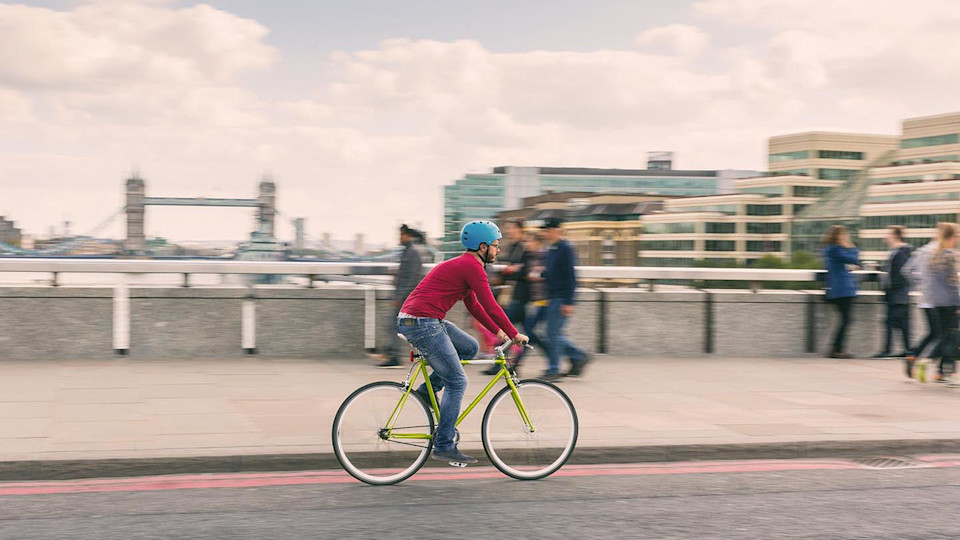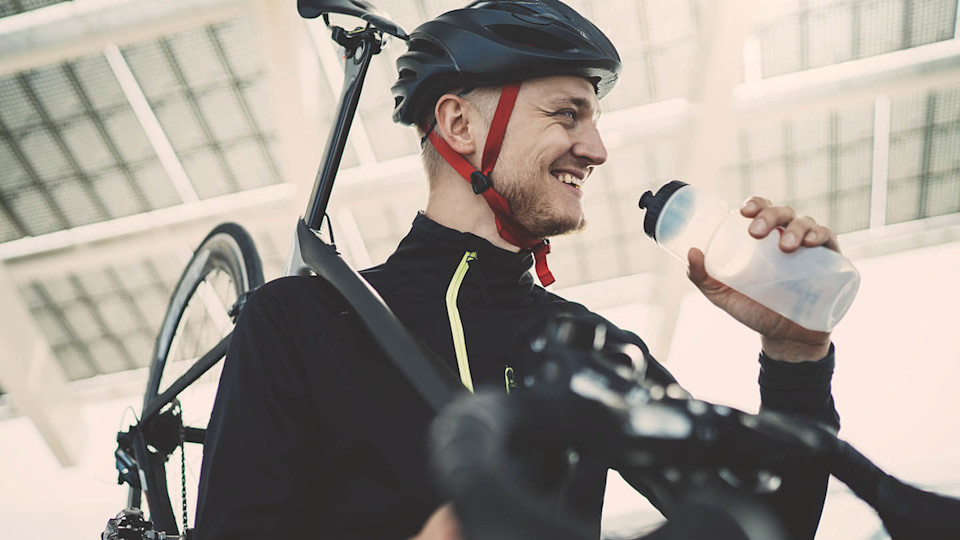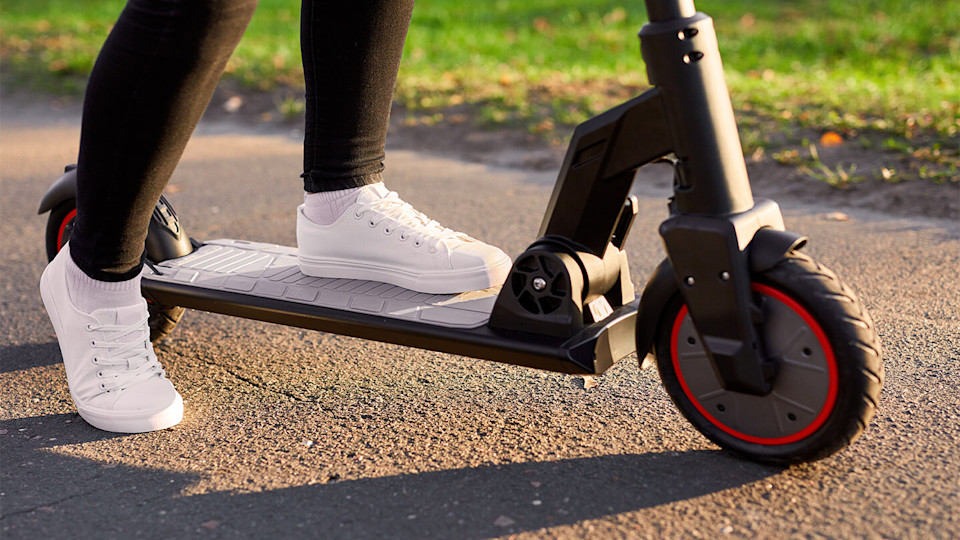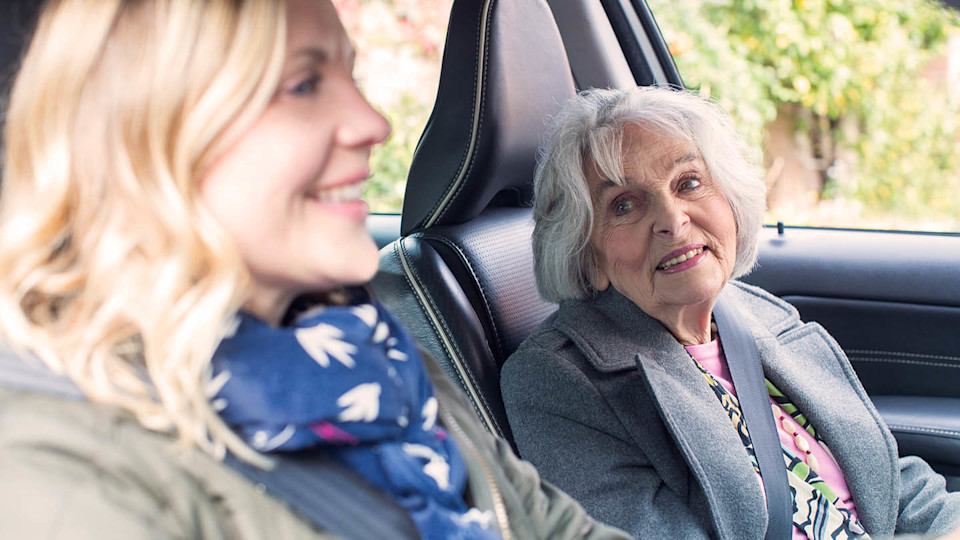
Personal injury
Cycling law: is “car dooring” a criminal offence?
Cyclists must always be vigilant to the threat of stationary cars and the significant risk of being ‘doored.’
What is "car dooring"?
The danger comes either from colliding with a door that has been opened without warning into a cyclist’s path or swerving to avoid a door and falling into the path of oncoming traffic.
Cyclist injuries from car ‘dooring’ are not uncommon. If a car door is opened into a cyclist’s path, causing a collision, who is to blame?
Who is responsible?
Generally, vehicle insurers admit liability if it can be proved that the cyclist had little or no time to react to the hazard. This is usually the case even if the door was opened by a passenger as an insurance policy will usually cover negligent acts on the part of passengers as well as the driver.
A driver has the responsibility to ensure that it is safe for passengers to exit a vehicle and should give instructions when it is safe to do so. They are in a much better position to check what is going on behind due to the positioning of rear view mirrors and they should position the vehicle close to the kerb so that there is no gap between the vehicle and pavement.
Prosecutions and legislation
In the UK, prosecutions against drivers are brought under the Road Vehicles (Construction and Use) Regulations 1986. Section 239 of the Highway Code states: "You must ensure you do not hit anyone when you open your door – check for cyclists or other traffic."
Anyone who fails to comply with the Regulations is guilty of an offence, but the maximum sentence is only a £1,000 fine or penalty notice. This is not much of a deterrent and will hardly satisfy a seriously injured cyclist – or indeed, their bereaved family.
Prosecutions under this legislation are rare, even though it is wide in scope; carelessness does not have to be proved, nor does the injury itself. It only needs to be proved that opening the door caused danger. This begs the question why there are not more cycling accident prosecutions?
Interestingly, there doesn’t even have to be a crash for the offence to have been committed. If a cyclist has to swerve to avoid any possible injury, the driver or passenger(s) would then be classified as having endangered the cyclist.
Prosecutions brought under the legislation are normally straightforward, but in the past eight years the Metropolitan Police has only issued an average of seven to nine fixed penalty notices each year for ‘car dooring’. This is not many, given the number of cyclists killed or seriously injured in this manner, and is another example of why Cycling UK launched the Road Justice Campaign.
Tips for cyclists
To limit the chances of being ‘doored,’ it is important cyclists ride “a door and a bit more” away from parked cars, even on narrow roads. Although, cycle lanes in cities are often within the so-called ‘dooring zone’ - inevitably encouraging cyclists to ride perilously close to parked cars - the risk of being struck by a car door whilst riding in the dooring zone is significantly more than being rammed by a vehicle behind whose driver can see you.
Slater and Gordon have experts in cycling accidents who deal with claims on a No Win No Fee basis. For a free consultation call us on 0330 041 5869 or contact us online and we’ll be happy to help you.
All information was correct at the time of publication.


E-scooters are relatively new additions to our roads, but they are becoming increasingly popular in the UK. If you’ve been injured whilst riding an e-scooter, or you’ve been injured by an e-scooter colliding with you, Slater and Gordon may be able to help you claim compensation.


We understand how life-changing road traffic collisions can be for both you and your loved ones. Brake is a UK charity that campaigns to stop road deaths and injuries, as well as supporting those who’ve unfortunately been affected by road crashes. Read more about our partnership with Brake.